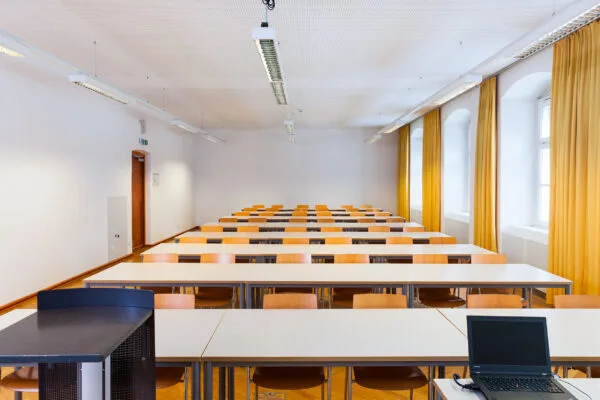
NAME:
Theologie – SR VI
BUILDING:
Theologie
FLOOR:
1
TYPE:
Seminar Room
CAPACITY:
48
ACCESS:
Only Participants
EQUIPMENT:
Beamer, PC, WLAN (Eduroam), Overhead, Flipchart, Blackboard, Handicapped Accessible, LAN, Speaker Desk
The case of the Milan-Cortina 2026 Olympics represents an interesting phenomenon to be analyzed through an approach that integrates both sociological and environmental dimensions. As the event approaches, it has not been free from controversy regarding its environmental impact on the Alpine area of Cortina and the city of Milan. This contribution aims to examine this large-scale event through the lens of territorial sociology, highlighting the socio-environmental effects that this initiative will have on Milan—already at the center of urban financialization policies—and the environmental implications for the Cortina area. Building on the theoretical framework of socio-ecological systems and environmental justice, the study proposes a preliminary reflection on how the Olympic Games might catalyze territorial transformation, potentially exacerbating socio-spatial inequalities. The emerging paradigm suggests a close connection between Milan’s urban development model and its application to an Alpine context like Cortina. The main risk of this process lies in the uncritical transfer of dysfunctional urban practices from the metropolitan setting (commodification of space, tourism intensification, infrastructural expansion…) to a natural-Alpine environment, without considering the consequences that such an application of models may generate in a fragile mountain ecosystem like Cortina. The contribution underscores the need for adaptive governance models that prioritize ecological sustainability and community resilience in mountain regions. It enriches the broader discourse on mega-events and their impact on peripheral territories, advocating for a critical reassessment of how urban-centric development models are applied in ecologically sensitive areas.

We and use cookies and other tracking technologies to improve your experience on our website. We may store and/or access information on a device and process personal data, such as your IP address and browsing data, for personalised advertising and content, advertising and content measurement, audience research and services development. Additionally, we may utilize precise geolocation data and identification through device scanning.
Please note that your consent will be valid across all our subdomains. You can change or withdraw your consent at any time by clicking the “Consent Preferences” button at the bottom of your screen. We respect your choices and are committed to providing you with a transparent and secure browsing experience.
Notifications